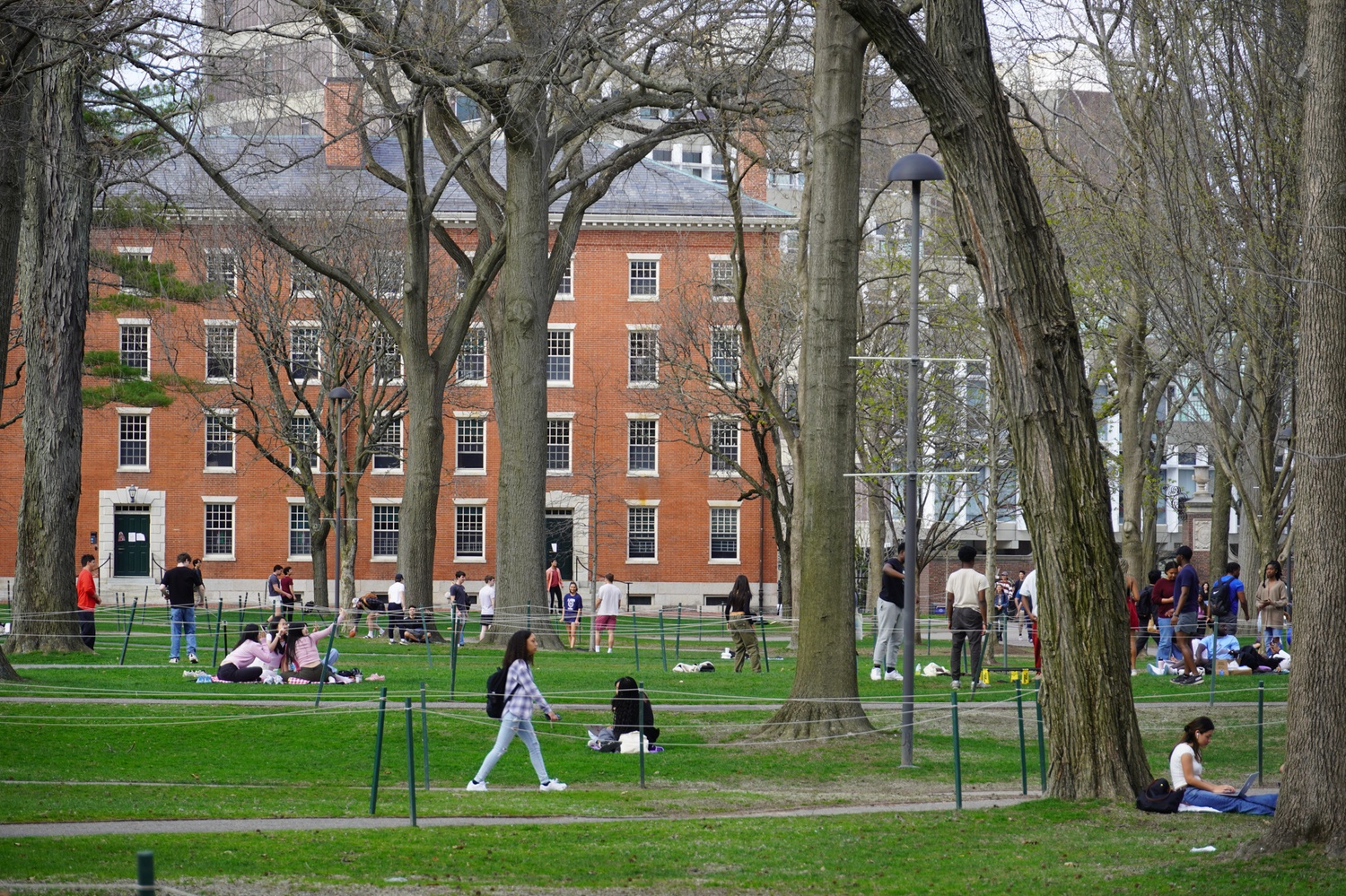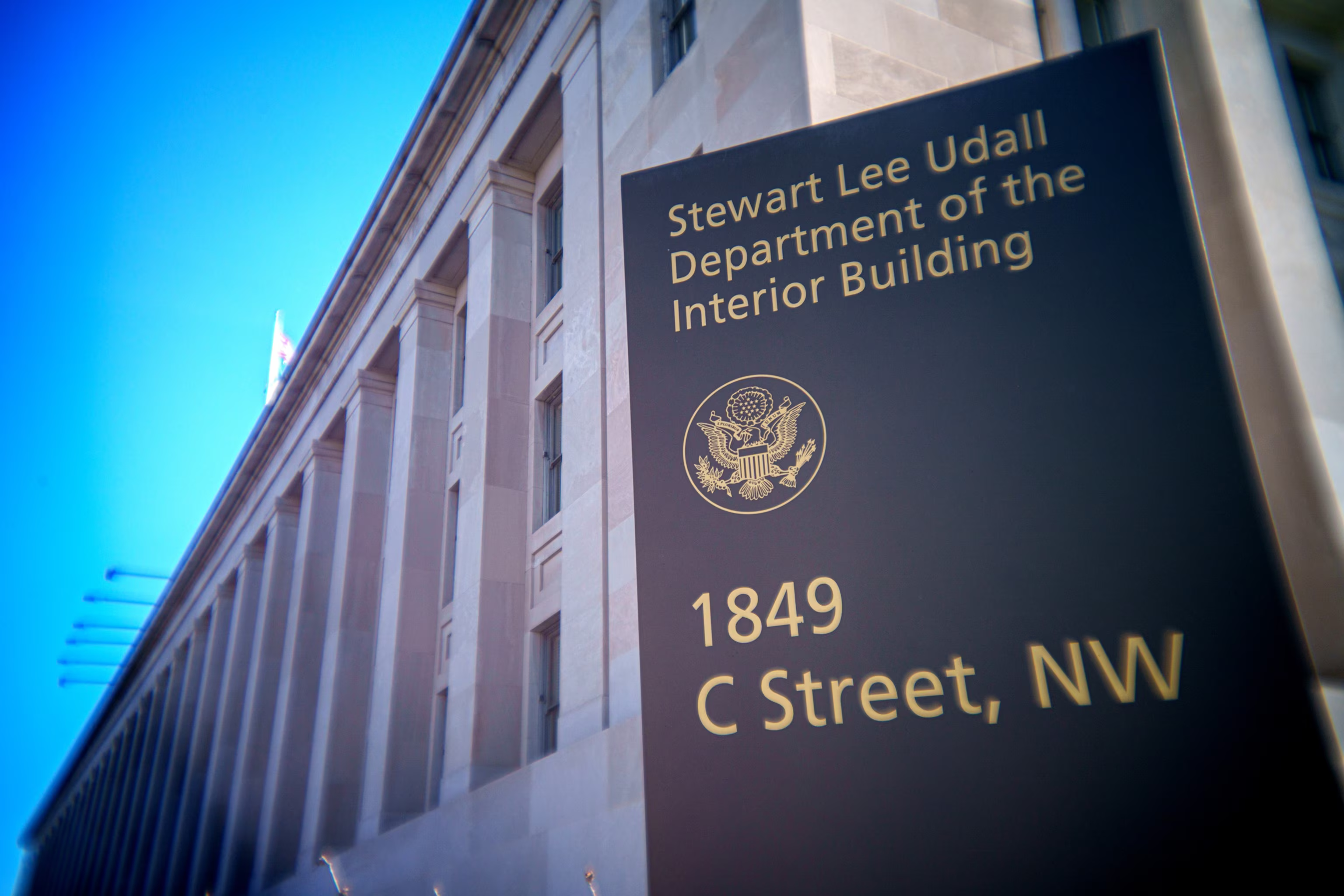Context: Why the New Administration Targeted Harvard
The escalation between the Trump administration and Harvard University stems from a convergence of factors that made the institution a priority target for the current administration.
Ideological Positioning
Harvard is frequently characterized by conservative sectors as representative of the liberal academic establishment in America. The university trains leaders who later occupy positions in government, media, and corporations, making it a symbol of progressive intellectual elites for conservative critics.
Antisemitism-Related Issues
The federal government identified Harvard’s response to protests related to the Israel-Hamas conflict as justification for its punitive actions. Pro-Palestinian demonstrations on campus were characterized by the administration as evidence of an antisemitic environment, providing legal and political grounds for the restrictive measures implemented.
International Student Policy
Harvard has approximately 23% international students in its student body. The Trump administration has criticized this proportion as part of its broader policy of prioritizing American citizens in higher education access, aligned with its restrictive immigration guidelines.
Regulatory Strategy
Targeting Harvard serves as a regulatory precedent for other higher education institutions. By choosing the nation’s most prestigious university, the government establishes parameters for its expectations regarding the behavior and policies of all American universities.
The Escalating Feud
The feud between President Donald Trump and Harvard University has reached a fever pitch – and it’s only getting more heated. Days after he attempted to ban the Ivy League school from enrolling international students – a move a federal judge immediately blocked – the General Services Administration (GSA) directed all federal agencies on May 27 to explore ways to cut remaining contracts with the university.
This order is the latest in a series of direct swipes the White House has taken in recent weeks, aimed at punishing the Harvard community. The conflict has escalated on a near-daily basis, halting major research trials, freezing billions of dollars in federal funding, and prompting multiple high-stakes lawsuits.
Trump’s motives for targeting Harvard are complicated. He and members of his administration have roundly criticized the school and its Jewish president for creating a campus environment the White House characterized as rife with antisemitism since protests broke out in response to the Israel-Hamas war.
However, the Ivy League institution has long been a punching bag for conservatives, many of whom view it as a ground zero for liberal ideology and activism. More recently, Trump has complained increasingly forcefully about Harvard enrolling too many students from other countries. Here’s where things stand in Trump’s crusade against Harvard.
Int’l Students Face Uncertainty
Harvard’s foreign students spent the final days of their spring semester mired in fear and uncertainty. The Trump administration told them a week prior they’d need to transfer to another institution or risk losing their ability to remain in the United States.
The only thing keeping that threat at bay is a federal court order. On May 22, the Department of Homeland Security (DHS) revoked Harvard’s certification to participate in the Student and Exchange Visitor Program (SEVP), functionally barring the university from enrolling any international students.
The change went into effect immediately, just a week before many foreign students would graduate, leaving them scrambling to determine whether their degrees would be jeopardized. Harvard sued the following morning, accusing federal officials of violating multiple laws. Hours after the university filed its lawsuit, a federal judge in Massachusetts issued a temporary restraining order.
The president also ordered Harvard on May 25 to turn over the “names and countries” of every international student enrolled at the university. The federal government already has access to that information through a database called the Student and Exchange Visitor Information System (SEVIS).
Federal Funding Battle Escalates
The other major front in the Trump administration’s battle with Harvard is over federal funding. Since mid-April, the White House has frozen billions of dollars in federal research grants for the school, characterizing the punitive actions as a response to Trump’s concerns about campus antisemitism.
Pausing that money has upended the university’s research apparatus. Nearly every direct federal grant for Harvard’s school of public health was terminated in May, according to the university. Among the dozens of defunded research projects were studies related to cancer screenings and lung disease.
The first major threat to Harvard’s funding came on March 31, when a task force of multiple federal agencies announced a review of roughly $9 billion in contracts and grants to the school. Harvard’s leaders refused to comply with what they saw as a list of unprecedented demands by the task force to overhaul hiring and teaching.
In response, the Trump administration froze $2.2 billion of the school’s federal funding on April 14. Despite multiple requests, the administration still has not clarified to USA TODAY how that money breaks down.
The university filed an initial suit against the White House on April 21 to restore its federal funding. In the weeks since, federal agencies have deemed Harvard ineligible for new federal research grants, yanked an additional $450 million in funding, and considered cutting off even more government support for the school.
In an interview with NPR on May 27, Harvard’s president, Alan Garber, stated his university isn’t the only one whose scholars’ scientific research has been hamstrung. “Everybody benefits from the research work of universities like ours.
And it is not only about Harvard,” he said. “The kinds of changes that the administration has begun and is contemplating, which include deep cuts to the National Institutes of Health and to the National Science Foundation, will affect all research universities and will have a real impact on the ability of the United States to remain at the forefront of science and technology.”
Tax-Exempt Status Threatened
On May 2, Trump said the Internal Revenue Service (IRS) was “going to be taking away” Harvard’s tax-exempt status. This unprecedented threat has become a major area of concern for the school and a point of contention in one of its lawsuits against the White House. Unless a judge deems the effort unlawful, the university could lose hundreds of millions of dollars, according to some estimates.
Typically, there’s an apolitical process the IRS follows to strip nonprofits of their tax-exempt status. The executive branch is prohibited, by federal law, from influencing IRS audits and investigations. “There is no legal basis to rescind Harvard’s tax-exempt status,” Harvard spokesman Jason Newton said in a statement on May 2. “Such an unprecedented action would endanger our ability to carry out our educational mission.”
What Happens Next?
While many of Harvard’s students and faculty are on break this summer, the school’s lawyers will still be battling the White House in court. The next major court hearing is set for May 29, when a judge will consider extending her hold on Trump’s attempt to ban Harvard from enrolling foreign students.
Court proceedings in Harvard’s other lawsuit, challenging the funding freezes and review of its tax-exempt status, are scheduled throughout June. The judge in that case is the same. She was appointed by President Barack Obama.
Contact us today through our website or WhatsApp to discover how we can help you achieve success in the United States. Together, we can turn dreams into reality.
Information source: usatoday.com | g1.globo.com



